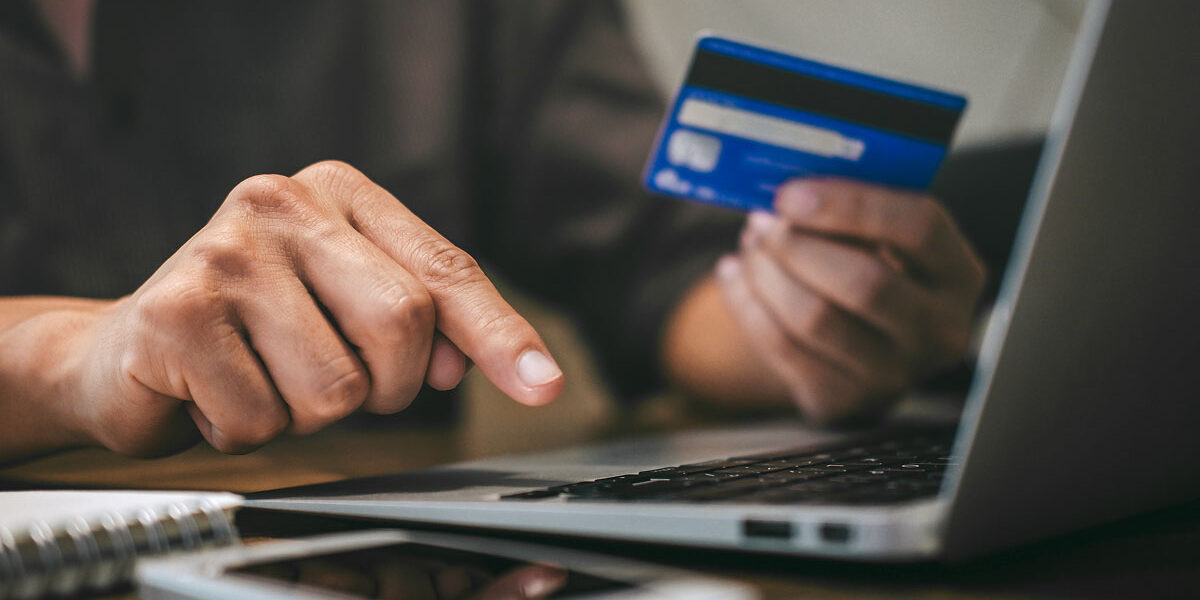Using a credit card to make ends meet isn’t unusual, especially with the rising cost of living and irregular income patterns. But when spending on credit becomes a monthly routine, it’s a warning sign that your budget may no longer be working.
This guide explores why many people in the UK are living on credit cards every month, what risks come with long-term credit dependence, and what practical steps you can take if you’re finding it harder to get by without borrowing.
Why people rely on credit cards monthly
For many households, credit cards aren’t about luxury purchases – they’re a lifeline. You might be relying on credit cards monthly because:
- Your pay doesn’t stretch far enough to cover rising living costs.
- You’re dealing with irregular income from self-employment or zero-hour contracts.
- Essential bills are due before payday, leaving a temporary shortfall.
- Unexpected costs like car repairs or broken appliances have left you out of pocket.
- You’re already juggling other debts, and only have enough left to cover the basics.
In these situations, credit cards offer fast access to funds but the longer this continues, the harder it can be to break the cycle.
Signs your credit card use is becoming a problem
Some of the warning signs that credit card debt is becoming a problem include:
- You’re only able to make minimum payments each month.
- Your balances are growing even though you’re making payments.
- You’re using one card to pay off another or taking out new credit to manage existing debts.
- More of your income is going on credit card repayments than essential bills.
- You’ve stopped checking your statements because the balance feels overwhelming.
If any of these feel familiar, it may be time to rethink your spending habits and get support.
The risks of chronic credit card use
Chronic credit card use can lead to credit card debt problems. Here’s how it happens:
- You spend on credit because your income isn’t enough to cover essentials.
- Interest builds on unpaid balances, making it harder to catch up.
- Minimum payments rise – taking up more of your available cash.
- With less to live on, you reach for the card again.
This loop can continue for months – or even years – until balances reach their limit, repayments become unmanageable, or your credit rating starts to suffer. When your credit score drops, it becomes harder to access better financial products, such as loans with lower interest rates or more affordable balance transfer cards.
Everyday examples of credit card dependence
Credit cards often start as a backup plan but that can shift over time.
You might find yourself putting your weekly food shop on a card, thinking it’s just temporary. But if you’re doing it every month, the cost adds up, especially once interest is added.
Covering energy bills or council tax on credit may seem like a short-term fix, but these are priority payments. Falling behind elsewhere to keep up with credit repayments could leave you vulnerable to enforcement action.
Some people even use one credit card to pay off another, moving the debt around without actually reducing it. This may feel like it’s buying time but without a clear plan to repay what’s owed, it can make the situation worse.
How to reduce your reliance on credit cards
Taking control doesn’t mean paying off everything overnight – it starts with understanding your current situation and making gradual changes. Here are some steps that can help:
- Track your spending
Look through your recent statements to see exactly where your money’s going. Identifying spending habits is the first step to breaking them. - Create a simple, realistic budget
Focus on your priority costs first, like rent, council tax, energy and food. Then work out what’s left for other outgoings. You can use our disposable income calculator to help with this. - Aim to pay more than the minimum
Even small overpayments can make a difference. If you have more than one card, you could try to pay off the one with the highest interest rate first. - Avoid new credit wherever possible
Using cash or a debit card – even just for groceries – can help stop your balance from increasing.
Building long-term financial habits
Breaking free from monthly credit use isn’t easy but small, consistent steps can help you build towards more sustainable habits.
- Start a basic emergency fund
Even saving £10-20 a month can help avoid turning to credit for unexpected costs. - Separate essential bills from spending money
Using different bank accounts for bills and everyday spending can make it easier to stay on top of what’s due. - Celebrate small wins
Watching balances go down, even slowly, can keep you motivated to stick with your plan. - Speak to a professional if you’re unsure
You don’t need to wait for things to get worse. A conversation with a trained adviser can help you understand your options.
When to ask for help
It’s time to reach out for support if:
- You’re only able to make minimum payments and your balance isn’t reducing.
- You regularly use credit cards for food, rent or essential bills.
- You’re missing other payments to keep up with card repayments.
- You feel overwhelmed and unsure how to move forward.
Moving forward without credit dependence
Living on credit cards every month can feel like the only option, especially when everything costs more. But you don’t have to manage alone. For free, impartial guidance, you can also visit MoneyHelper.
At MoneyPlus, we offer confidential, non-judgmental advice tailored to your situation. Whether you’re juggling long-standing credit card debt, falling behind on other payments, or simply need help finding a way forward, our advisers are here to help you explore realistic solutions. Contact a MoneyPlus adviser today to take the first step towards a more manageable budget.

